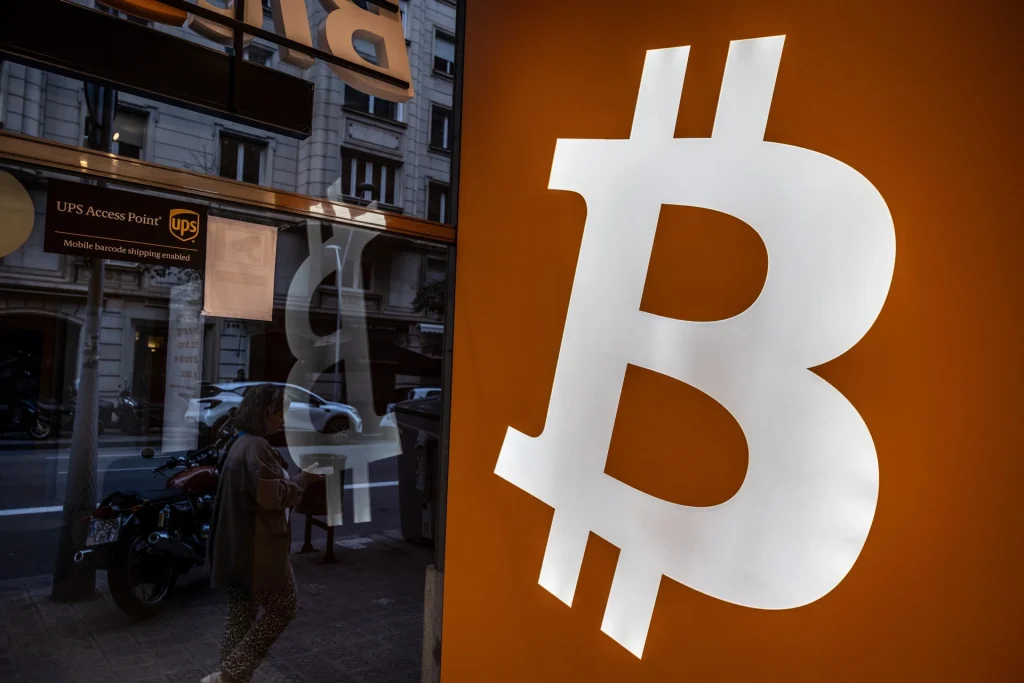[SINGAPORE] Singapore needs to welcome Bitcoin-related businesses to maintain its status as a global financial hub, said retired businessman Jeremy Tan at an event on Wednesday (Jun 11).
The 34-year-old rose to prominence last month during the general election as one of just two independent candidates, pulling in 36.16 per cent of the votes in Mountbatten SMC. He lost to the People’s Action Party’s Gho Sze Kee.
During the nine-day campaign and on his election website, Tan promoted Bitcoin as an inflation-proof asset that Singaporeans should have. He also proposed several policies, including the creation of a Singapore dollar-denominated Bitcoin exchange-traded fund (ETF).
At a fireside chat hosted by cryptocurrency exchange Gemini, Tan said that he believes Singapore will have an advantage in the global economy if the government creates Bitcoin-related laws.
“We need to recognise Bitcoin as a separate entity from other forms of cryptocurrencies,” he told an audience of some 200 people, mostly males in their late teens and early 20s.
“The difference between the previous Bitcoin cycle and the current Bitcoin cycle is that the bad actors are no longer in the market.”
BT in your inbox

Start and end each day with the latest news stories and analyses delivered straight to your inbox.
He referred to former crypto billionaire Sam Bankman-Fried as one of the se “bad actors”.
The American’s crypto exchange, FTX, collapsed in 2022, and he is now serving a 25-year sentence for committing fraud; he stole US$8 billion from customers.
Saad Ahmed, Asia-Pacific head at Gemini and the host of the fireside chat, pointed out the increasing institutionalisation of cryptocurrency. He said one of the key catalysts of this is the approval of Bitcoin ETFs.
As at Thursday, the largest such ETF by market cap, iShares Bitcoin Trust, had a 16.57 per cent year-to-date return. Its market cap stands at US$72.6 billion.
Tan said that companies trading Bitcoin earn from the cryptocurrency’s volatility, adding that that small and medium-sized enterprises (SMEs) should consider investing their reserves in Bitcoin.
“If we can change the way SMEs think about Bitcoin as a treasury, then we can change the way SMEs become more productive going forward.”
He also said that there is a growing market for advisory services for SMEs which wish to invest in the cryptocurrency.
“There are many companies here that want to store (their treasury) in Bitcoin, but they do not know how to structure their business to do so,” he said.
He added that unless the Singapore government starts to reform its Bitcoin laws, the advisory services industry will not be able to grow.


